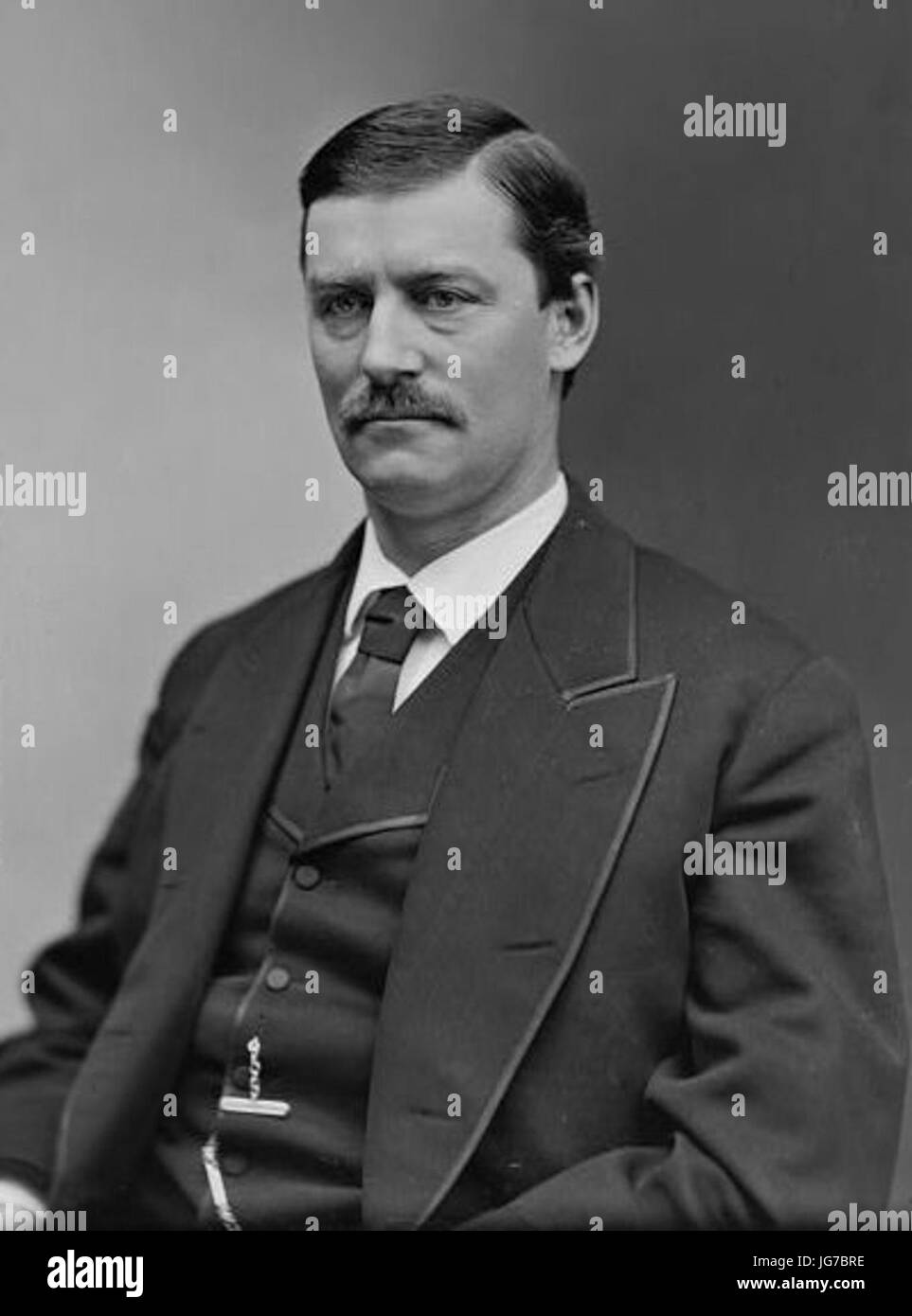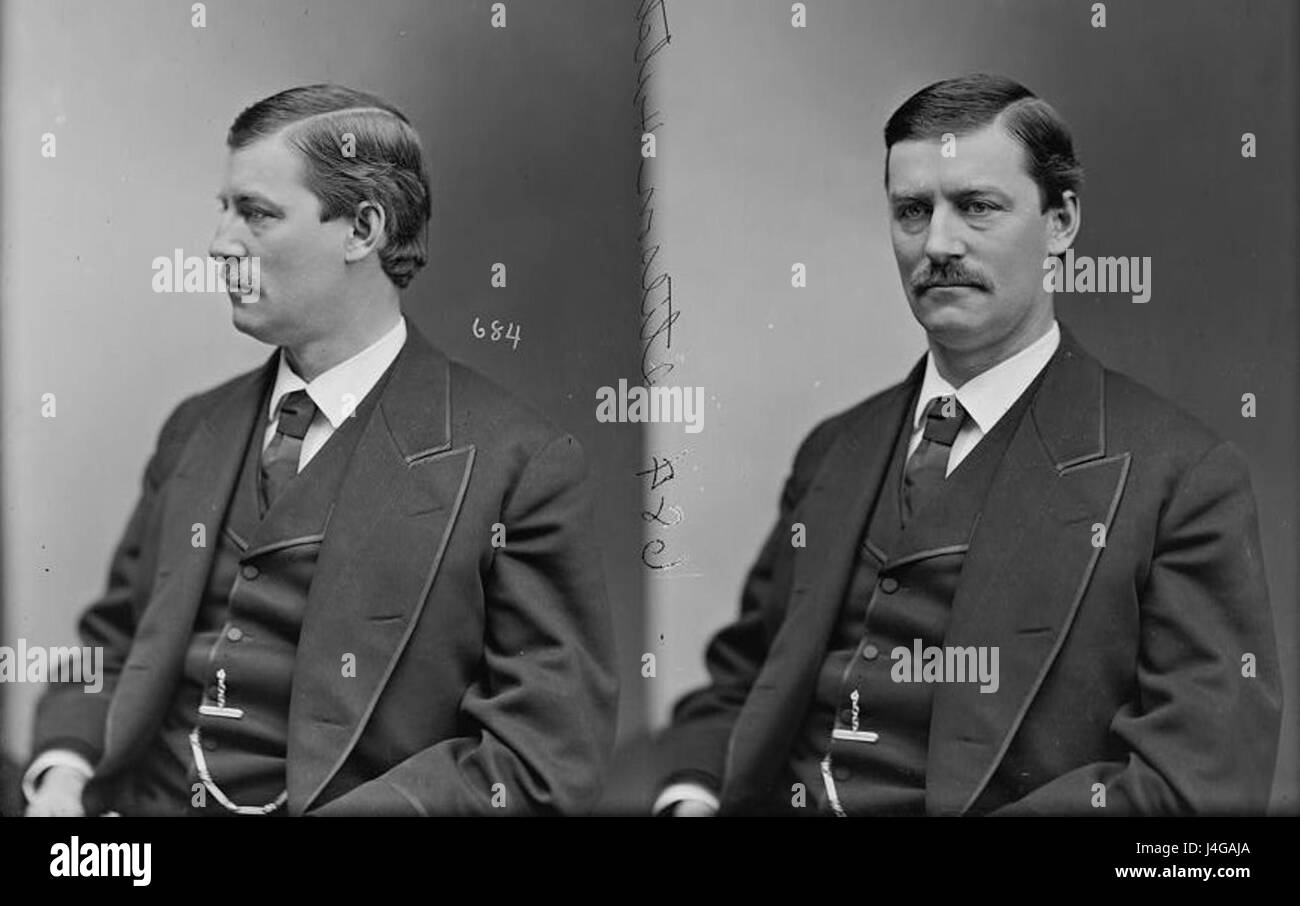Could a newspaper, born in the heart of the nation's capital, truly shape the course of history and become a cornerstone of American democracy? The Washington Post, a publication that began with humble beginnings, has not only achieved this but continues to do so, its legacy etched into the very fabric of American journalism.
On December 6, 1877, the world witnessed the birth of the Washington Post. From its initial four-page format, priced at a mere three cents, it brought news of politics, international affairs, and local happenings to the residents of Washington, D.C. This marked the genesis of a publication that would eventually ascend to become one of the most respected and influential newspapers in the United States. Its location in the nation's capital has always placed it at the epicenter of power, giving it a unique vantage point from which to observe and report on the intricacies of the U.S. government.
| Key Aspects | Details |
|---|---|
| Name | The Washington Post |
| Type | Daily Newspaper and Website |
| Location | Washington, D.C., USA |
| Founded | December 6, 1877 |
| Founder | Stilson Hutchins |
| Current Owner | Nash Holdings LLC (Jeff Bezos) |
| Notable Investigations | Pentagon Papers, Watergate Scandal |
| Significant Role | Watchdog for politicians and government agencies, national and international news coverage |
| Circulation | Varies based on format and edition, with print and digital readership. |
| Online Presence | www.washingtonpost.com |
From its inception, the Washington Post has been more than just a purveyor of news; it has been a chronicler of American life, a force for accountability, and a platform for shaping public discourse. The newspapers dedication to investigative journalism has been a hallmark of its existence, holding those in power accountable and uncovering truths that might otherwise remain hidden. The Posts reporting on the Pentagon Papers, the Watergate scandal, and the National Security Agencys secret surveillance programs are testaments to its commitment to these principles.
The newspaper's early days were marked by the vision of Stilson Hutchins, a Democrat who launched the paper as an organ for his party. The initial issues, limited to four pages, belied the ambitions of the fledgling publication. Located at 914 Pennsylvania Avenue NW, the Post quickly set its sights on a broader audience, expanding beyond the confines of Washington, D.C., and seeking to compete with established powerhouses like The New York Times for influence and readership. However, Hutchins' tenure was also stained by his biases; he was a Southern sympathizer and held racist views.
The Washington Post Company was incorporated in 1889, marking a turning point in the newspaper's evolution. That same year, the company commissioned the renowned bandleader John Philip Sousa to compose "The Washington Post March," a piece that would be played at an awards ceremony. This demonstrated a commitment to engaging with its community and recognizing local talent.
In the decades that followed, the Washington Post flourished, navigating the complexities of a changing world and embracing new technologies. The rise of the internet in the 1990s presented both challenges and opportunities. The newspaper was quick to adapt, establishing an online presence and reaching audiences far beyond the boundaries of its print editions. Today, the Post is a dynamic media organization, constantly innovating and experimenting with new formats and platforms.
The publication has consistently been regarded as one of the leading daily American newspapers, a peer of The New York Times, The Los Angeles Times, and The Wall Street Journal. Its influence extends across national politics and the workings of the White House, Congress, and other government agencies. Its reporting has had an impact on the country's political landscape.
In 2013, the ownership of the Washington Post shifted when Amazon.com founder Jeff Bezos purchased the newspaper company, ending the Graham family's long stewardship. This transition ushered in a new era, as the paper accelerated its digital transformation and explored new avenues for growth and innovation. The Post has continued to evolve, adapting its approach to reach a wider readership.
The newspaper has also served as a historical record, documenting significant moments in American history. This is further exemplified by the 2017 film "The Post," which vividly portrays the newspaper's pivotal role in publishing the Pentagon Papers, and the courageous decision made by Katharine Graham. She was a woman who, as the publisher of The Washington Post, guided the newspaper to national prominence.
The Washington Post has also shaped popular culture. In 1889, John Philip Sousa composed "The Washington Post March". It inspired a classic toy: the toy soldiers.
The Washington Post continues its legacy. It is a testament to the power of journalism and the critical role it plays in a democratic society.


